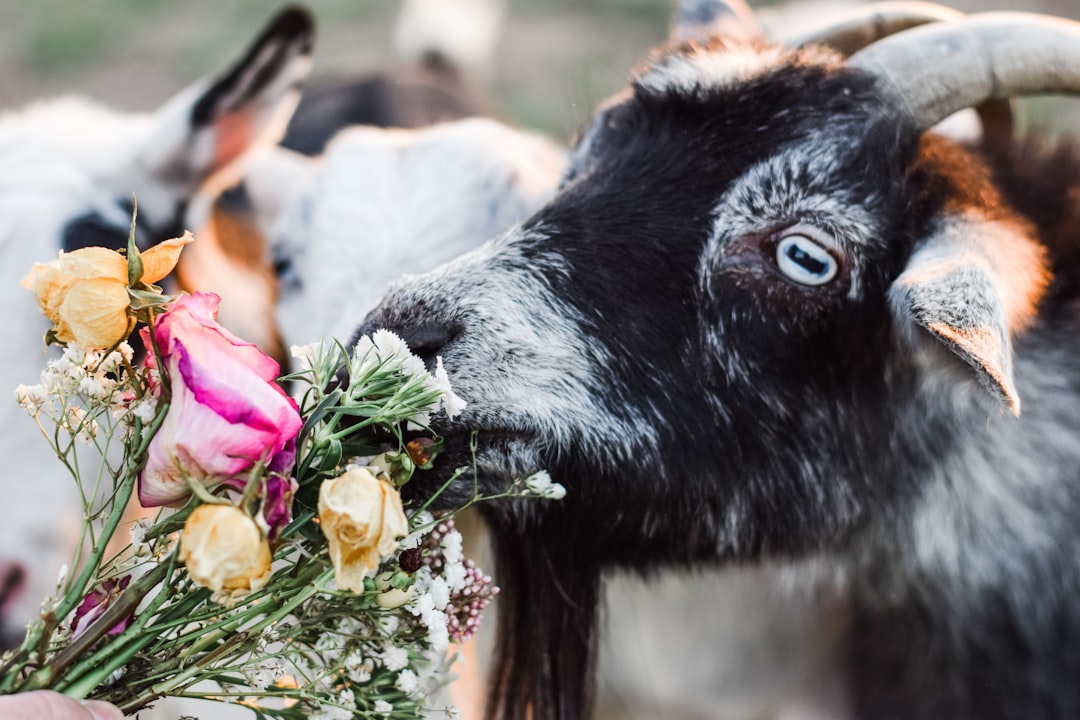As backyard farming gains popularity, many homesteaders are exploring the idea of raising goats or miniature pigs for milk, meat, or companionship. Both animals can be rewarding to keep, but they require careful planning to ensure they fit within your space, lifestyle, and local ordinances.
Whether you live in a suburban backyard or a rural homestead, understanding zoning laws, space requirements, care needs, and potential challenges is crucial. Let’s explore the key considerations before adding goats or mini pigs to your backyard farm.
1. Checking Local Ordinances and Zoning Laws
Before bringing home goats or miniature pigs, check your local regulations to ensure they are permitted.
Where to Find Regulations:
✅ City or county government website (under zoning laws or agricultural ordinances).
✅ Local animal control office for livestock and pet restrictions.
✅ Homeowners’ Association (HOA) rules (if applicable).
Common Restrictions:
-
Some suburbs prohibit livestock, including goats and pigs.
-
Others allow them but with space restrictions (e.g., minimum lot size).
-
Limits on the number of animals (e.g., max 2 goats per household).
-
Noise and odor regulations to prevent complaints from neighbors.
💡 Tip: If your area doesn’t allow livestock, petitioning for an exemption or applying for a special permit may be possible.
2. Space and Shelter Requirements
Both goats and miniature pigs require adequate space and proper shelter to thrive.
Goat Housing and Space Needs
-
Minimum space: 250–500 sq. ft. per goat (more is better).
-
Shelter: A three-sided shed or barn with dry bedding.
-
Fencing: Goats are escape artists! Use at least 4–5 ft. high fencing with no gaps.
-
Companionship: Goats are herd animals—always keep at least two!
Miniature Pig Housing and Space Needs
-
Minimum space: 50–100 sq. ft. per pig (more for exercise).
-
Shelter: A dry, insulated house (pigs don’t tolerate extreme weather well).
-
Fencing: Pigs are strong diggers—use buried fencing or electric fencing.
-
Companionship: Pigs are social, but unlike goats, they can bond well with humans if kept alone.
💡 Tip: Suburban owners should ensure their animals have quiet, non-disruptive housing to avoid complaints.
3. Feeding and Care
Both goats and pigs have specific dietary needs that must be met for them to stay healthy.
Goat Diet
✔ Hay (main food source) – Free-choice, high-quality grass hay.
✔ Grain (small amounts) – Optional for milking goats or growing kids.
✔ Pasture & forage – Weeds, shrubs, and grass (they love browsing!).
✔ Mineral supplements – Loose goat minerals (never use sheep minerals).
❌ Avoid: Rhododendron, azaleas, and nightshade (toxic plants).
Miniature Pig Diet
✔ Pig feed – Specially formulated mini pig pellets.
✔ Vegetables and fruits – Leafy greens, carrots, squash (in moderation).
✔ Rooting materials – Allow pigs to forage for roots and bugs.
✔ Fresh water – Always clean and available.
❌ Avoid: High-sugar fruits, dog food, salty snacks, or processed foods.
💡 Tip: Overfeeding pigs leads to obesity. Follow portion control based on weight.
4. Benefits of Raising Goats or Mini Pigs
✅ Goats:
✔ Produce fresh milk (if you raise dairy breeds).
✔ Provide natural weed control for pastures and gardens.
✔ Are friendly and playful, making great farm companions.
✅ Miniature Pigs:
✔ Are intelligent and can be trained like dogs.
✔ Have minimal odor compared to larger farm animals.
✔ Make affectionate and entertaining pets.
5. Challenges to Consider
🔴 Noise Issues
-
Goats can be noisy, especially when hungry or in heat.
-
Mini pigs are quieter but may grunt and squeal when excited.
🔴 Strong Odor and Waste Management
-
Goat manure is dry and easy to compost.
-
Pig waste has a stronger smell and requires regular cleaning.
🔴 Escape Risks
-
Goats jump fences and can destroy gardens.
-
Pigs dig under barriers and need secure enclosures.
🔴 Vet Care Availability
-
Find a livestock vet nearby before getting goats or pigs.
-
Ensure vaccinations and parasite prevention are part of regular care.
Final Thoughts: Which Is Right for You?
Factor Goats Miniature Pigs Legal Restrictions More widely allowed More restrictions in suburbs Space Needs 250+ sq. ft. per goat 50+ sq. ft. per pig Fencing Needs High, sturdy fencing Dig-proof fencing Noise Level Can be loud (bleating) Generally quiet Odor Minimal Moderate Milk/Meat Production Yes (dairy/meat breeds) No (mostly pets) Friendliness Playful and social Intelligent and affectionate💡 Best for:
-
Goats: Ideal for those wanting milk, weed control, and a farm-like experience.
-
Mini Pigs: Better for those who want a pet-like farm animal with lower space needs.
Before committing, carefully evaluate your space, time, and legal restrictions. Whether you choose goats or mini pigs, they can be a wonderful addition to your backyard farm!
🐐🐖 Would you raise goats or pigs in your backyard? Let us know in the comments!

Comments
No comments yet. Be the first to comment!
You must be logged in to comment. Login